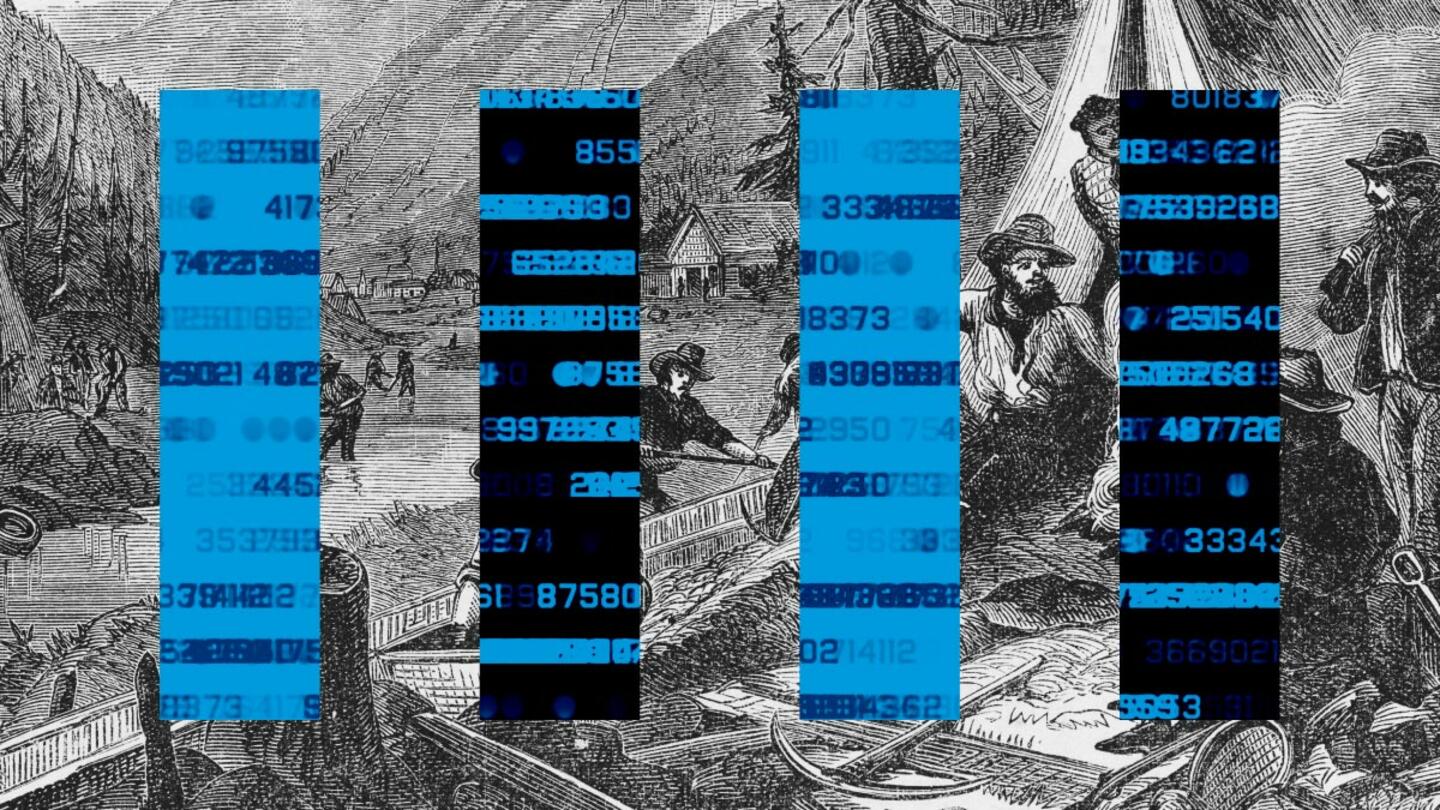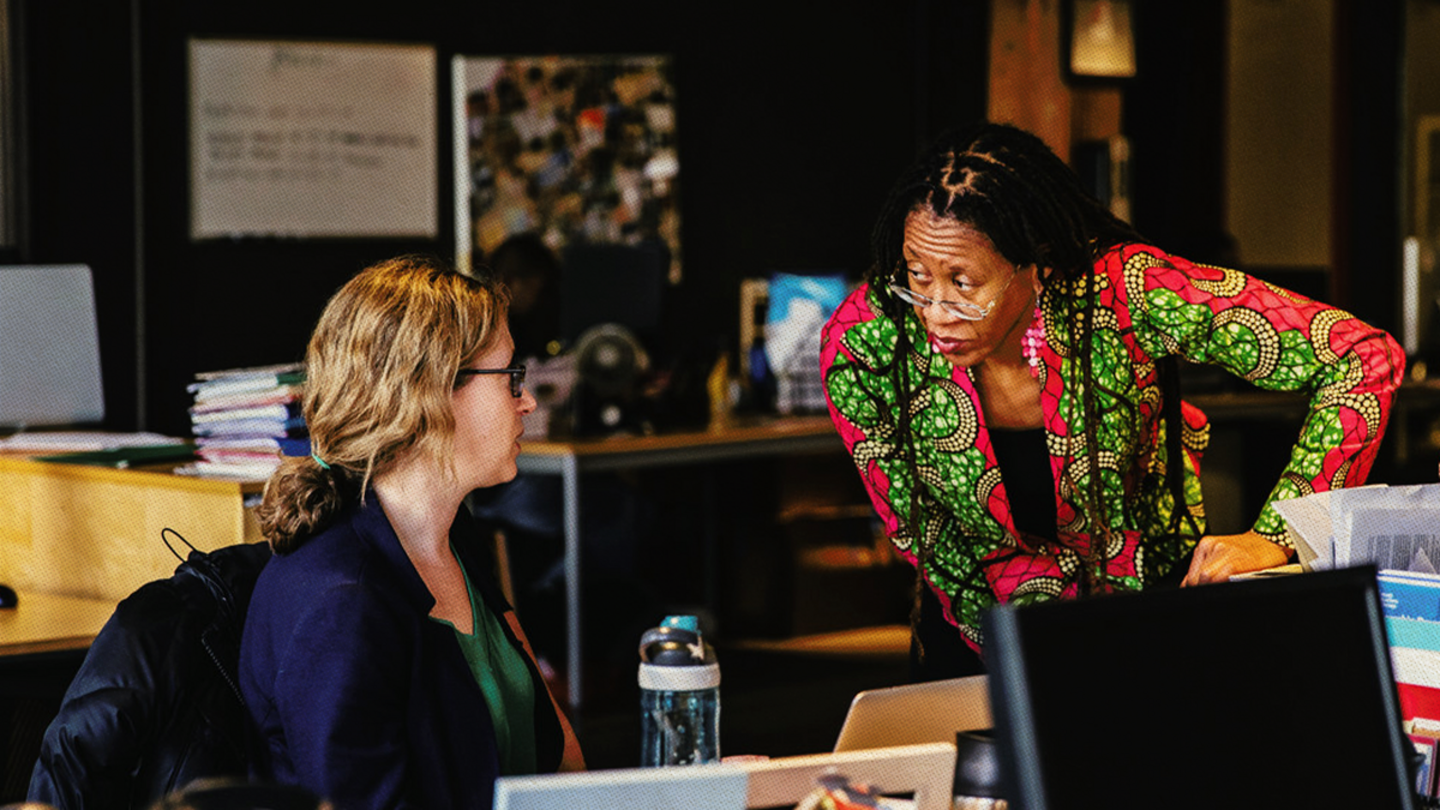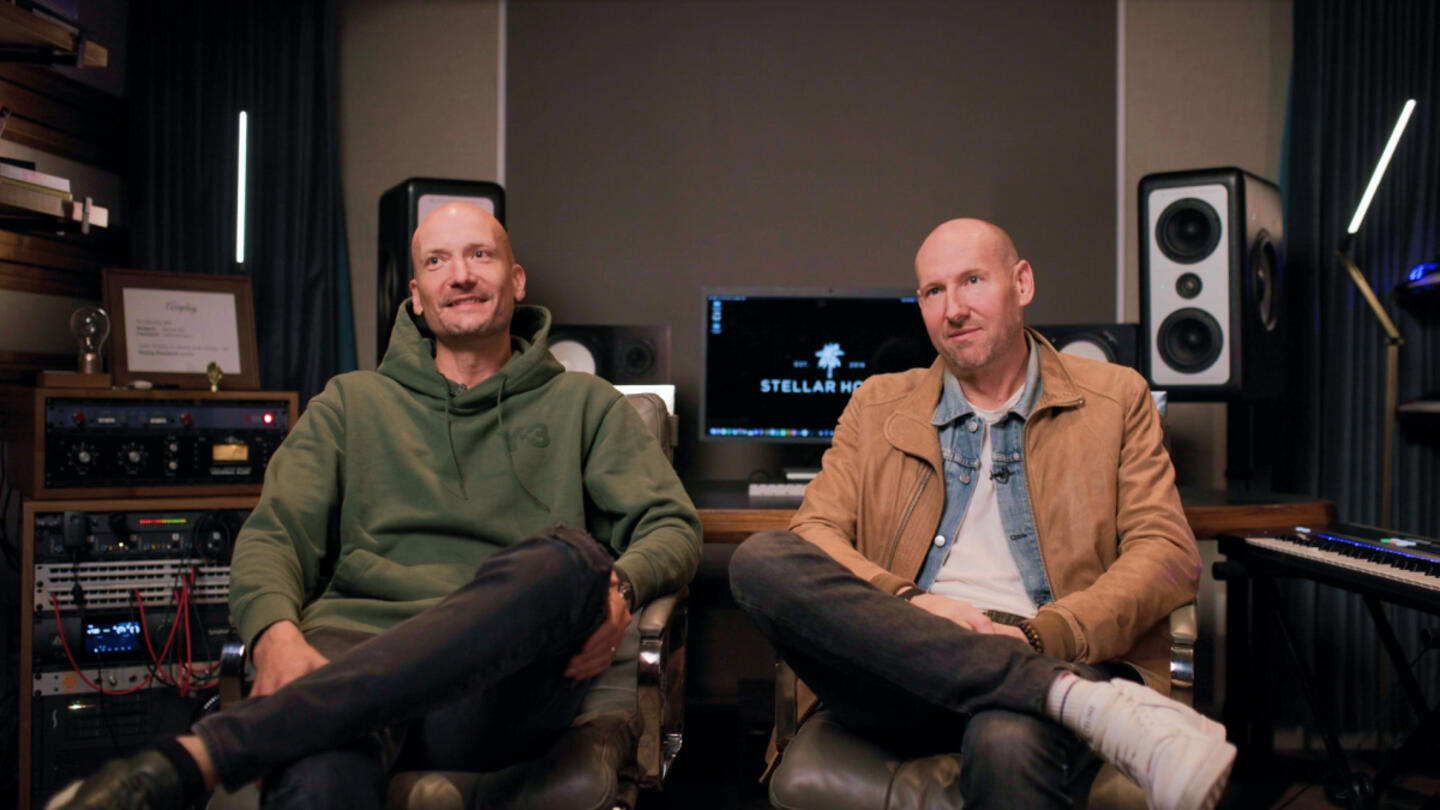The American workforce is at a crossroads — and for many, it’s a cause of uncertainty.
More than 7 million Americans are unemployed, and half of small businesses say they plan to use AI in the next year.
But is that a bad thing? Should Americans fear a robot takeover? And, ultimately, will technology make work better … or worse?
Experts, including professors, scientists, engineers, and business leaders, have answers. Some of those answers may surprise you.
Advancing human potential
Far from a reason to fear, experts believe AI should inspire optimism — especially when it comes to unlocking new levels of human potential.
“Any major advancement we've made technologically, it's always led to more jobs and better jobs that make people's lives better,” said Ryan Stowers, senior vice president at Stand Together. “And so, this isn't just a technology moment. This is a people moment.”
Will AI be disruptive to the workforce? Absolutely. But it can be disruptive in a positive way — and that’s already begun.
“I don’t get this doom and gloom,” said Doug Donovan, CEO of Interplay Learning. “I think it only is additive.”
Shaping something that’s even more human
If you’ve seen “Star Wars,” you’ve likely seen characters using holograms to teach people how to build the skills to save the galaxy. We’re not far from that type of scenario today — and the possibilities are endless.
“This technology could be powerful in a way that helps us shape something that's even more human,” said Taylor McLemore, founder of the Human Potential Summit.
What does an even-more-human workplace look like?
At Interplay Learning, it’s about building better careers and better lives by using technology to close the massive skills gap in the marketplace. They use virtual reality with online simulations to accelerate skill development in electrical, mechanical, and industrial careers.
“So, imagine you're playing a first-person video game, and you're on a rooftop, and you've got a multimeter in your hand,” Donovan said. “And you're running a diagnostic procedure trying to identify what's wrong with this piece of equipment. A learner could see 30 potential faults in two hours that might take them two or three years in the field. And that's the power of technology, really.”
Sean Segal, CEO of Escalate, shares that vision.
Escalate is a support platform to address why the vast majority of front-line workers leave their job every 90 days because they don't see a path to advancement, or they lack the safety net needed to get to work. Escalate trains them for jobs they can move into at their current company, where they will increase their wages meaningfully in under a year. The organization also offers workers automated wrap-around supports. If their car breaks down or they miss a bus, they help them get to work — all taken care of by AI. The result? Over 90% retention.
Sign up for Stand Together's Rethinking Work & Learning newsletter to get the latest stories, ideas, and trends on the future of employment.
“I think, really, when we look at the labor system, it's been broken for a lot of people for a very long time,” Segal said. “And we have heard from so many hourly workers that just say all they want is the chance to move up. That's what we're trying to provide. They are dedicated workers. And if you invest in them, if you invest in the path to advance, if you invest just a little bit in social supports, you're going to have a pipeline of talent for your company. And you're going to be driving generational change and breaking the cycle of poverty in this country.”
Brains: The best software
Beth Rudden, CEO of Bast AI, says Americans need a different relationship with work, and AI can help them develop it.
“So much of it (work) is dull, boring, repetitive,” Rudden said. “And I want businesses to free human beings up so that humans can innovate. Because human brains are the best software ever.”
AI allows humans to focus on what really matters. Bast AI gives people a practical tool they use to build their own explainable AI, much like GPS. For example, they pair it with medics to reduce their cognitive load by surfacing the next step of the procedure.
“I think of the work that we're doing with Bast as taking the robot out of the human by surfacing the right information at the right time,” Rudden said. “It's really about the human and the AI working together. The man plus the machine — that's going to achieve so much more.”
And the extra time AI frees up? Todd Rose, CEO of Populace, said it could lead to more fulfilling lives.
“Because time is our most precious resource,” Rose said. “And I see AI basically making good people great and great people phenomenal at the things that matter most. It used to be the case that you went to work, you did what you had to do, and then you went and found fulfillment somewhere else. People don't want that anymore. They want to enjoy what they do. They want work to be meaningful.”
“Work has such a central role in all of our lives that if we make that a better place for every human, they're going to be in a position to show up in the rest of their lives in a really positive way, and our entire society will improve,” Donovan said.
The future of work: Pro-human
Going forward, businesses and workers will have to adapt as technology continues to advance and improve, but the potential is enormous.
“This is the game now,” Rose said. “Companies that thrive will be not just selectors of talent; they will be developers of it over and over again. The technology will enable that. It will amplify and augment your best capabilities that will offset your limitations. It will allow you to do the things that humans are truly made for.”
There’s still much work to be done, though.
“It's not going to be enough to tweak at the margins,” Stowers said. “There's not going to be a silver bullet or a single solution to solving these problems. We need to fundamentally think and act differently about the future of work.”
As for a robot takeover?
There’s no need to fear.
“The future of work is going to be pro-human,” Rudden says. “The human will always be at the center. It’s how we create tools and how we exist, and how we have existed for literally hundreds of thousands of years.”
So yes, AI will most certainly change the way Americans work. But if we embrace it and other new technologies — rather than fearing them — the future is bright with pro-human possibilities.
The Stand Together community partners with changemakers who are tackling the root causes of America’s biggest problems.
Learn more about Stand Together’s efforts to transform the future of work and explore ways you can partner with us.

Data centers are at the forefront of the ‘new economy.’ But what exactly are they?

Here’s how to bridge the disconnect between employers and employees.

Lessons learned from Colorado.

Could a program built to develop music talent change the way we think about education?
